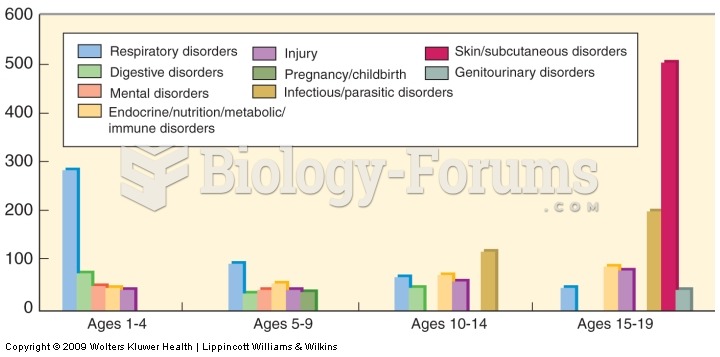Answer to Question 1
Typically, AKI is characterized by a rapid decline in kidney function with an acute elevation of serum creatinine at baseline. There are three types of causes for the kidney dysfunction:
Prerenal:
- An underlying condition deprives the kidneys of necessary blood flow and decreases the GFR.
- Due to: volume depletion (e.g. via the GI tract or extensive wounds), hypotension/shock, CHF, renal vasoconstriction from medications or hepatorenal issues, and renal artery occlusion from an embolism or thrombosis.
- If blood flow is not restored, necrosis of the cells will occur.
Intrarenal/Intrinsic:
- Occurs when parts of the kidneys such as the tubule, the interstitium, the glomerulus, or the vasculature are damaged (true kidney problem).
- Underlying conditions that can lead to kidney damage include hypertension, interstitial inflammation from an infection or disease (e.g. lupus, Goodpasture syndrome, acute glomerulonephritis), acute tubular necrosis, acute interstitial nephritis, nephrotoxicity, or intrarenal obstruction.
Postrenal: Results when crystals, protein deposits, blood clots, or malignant tumor infiltration obstruct urine flow.
There are typically 4 stages involved with AKI:
- Initiation: when GFR declines
- Extension: when ischemia and inflammatory damage occur
- Maintenance: when GFR is at its lowest level
- Recovery: when epithelial cells regenerate
Mr. Maddox is most likely experiencing AKI due to a deprivation of blood (oxygenation) during recovery from surgery as it was noted that he had a sudden drop of blood pressure. The infection following his CABG 3, which may have lead to inflammation and therefore kidney damage, may also have been a contributing factor.
Answer to Question 2
Overweight or obesity
Smoking/second-hand smoke
Physical inactivity
Excessive salt consumption
Too little potassium and vitamin D
Low intakes of potassium, magnesium, and calcium
Excessive alcohol consumption
Stress
Race or ethnicity (African American, Hispanic) African Americans (43 for males and 45.7 for females), Filipinos, and South Asians have a higher prevalence of hypertension; Mexican American have lower reported rates
Genetics
Aging
Certain chronic diseases: diabetes, kidney disease, sleep apnea, hypercholesterolemi a, atherosclerosis
Mrs. Moore risk factors include:
- Family history
- African American ancestry
- Excessive salt consumption
- Alcohol consumption (although not excessive)
- Overweight
- Smoker (quit 1 year ago)







